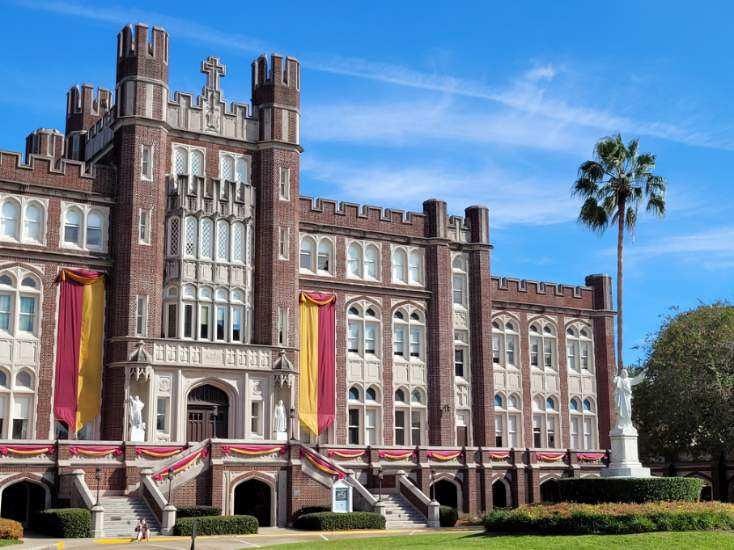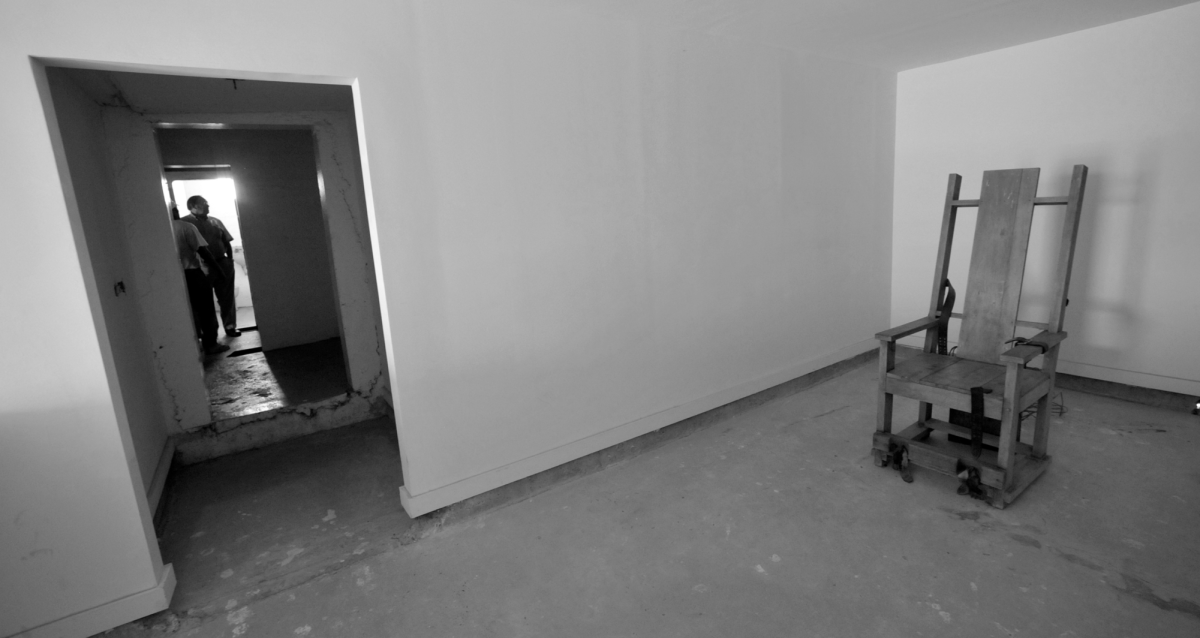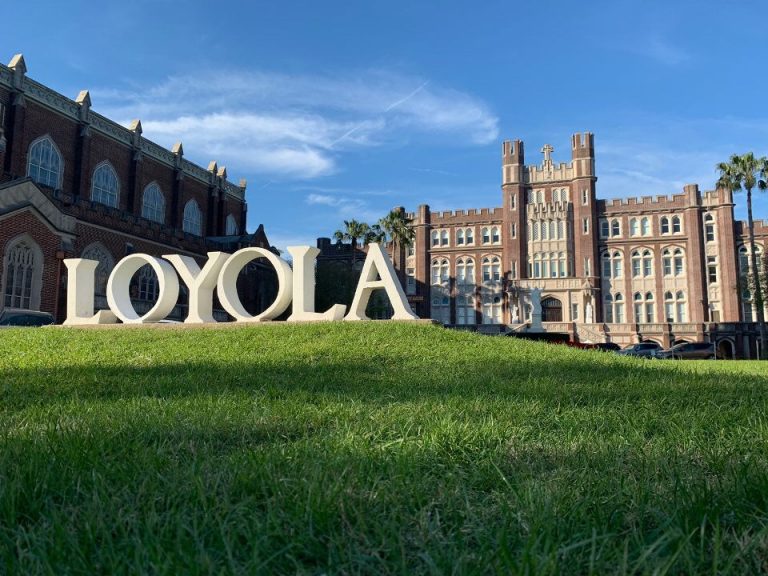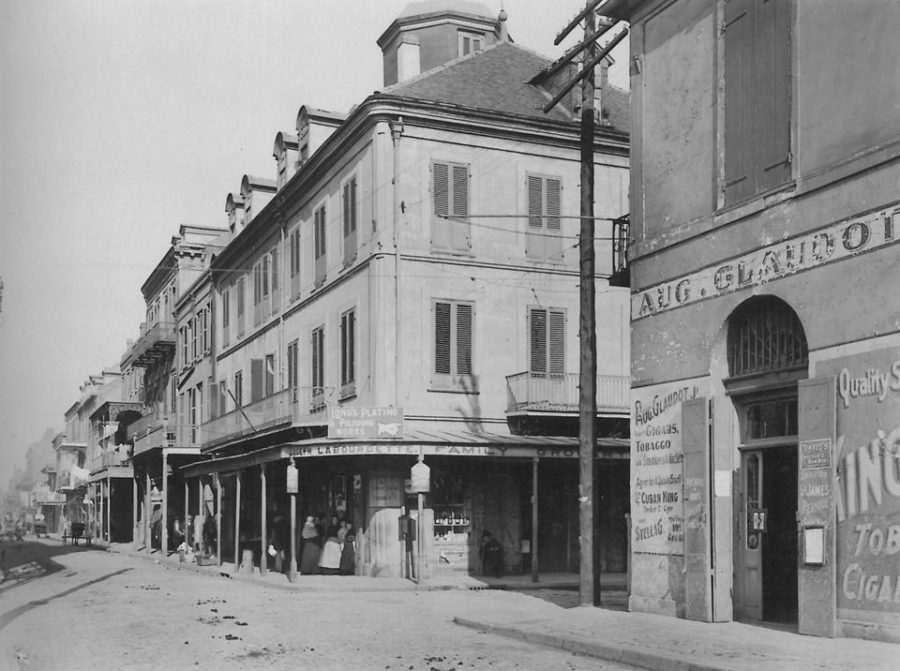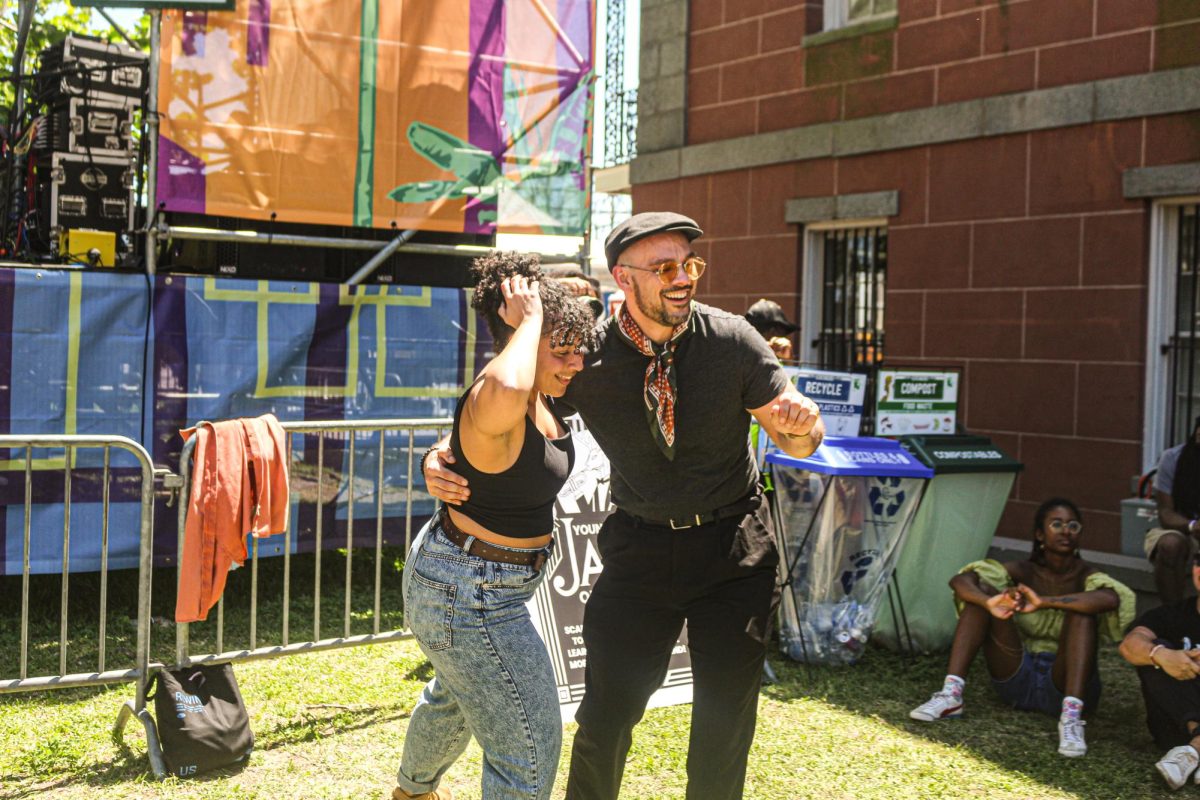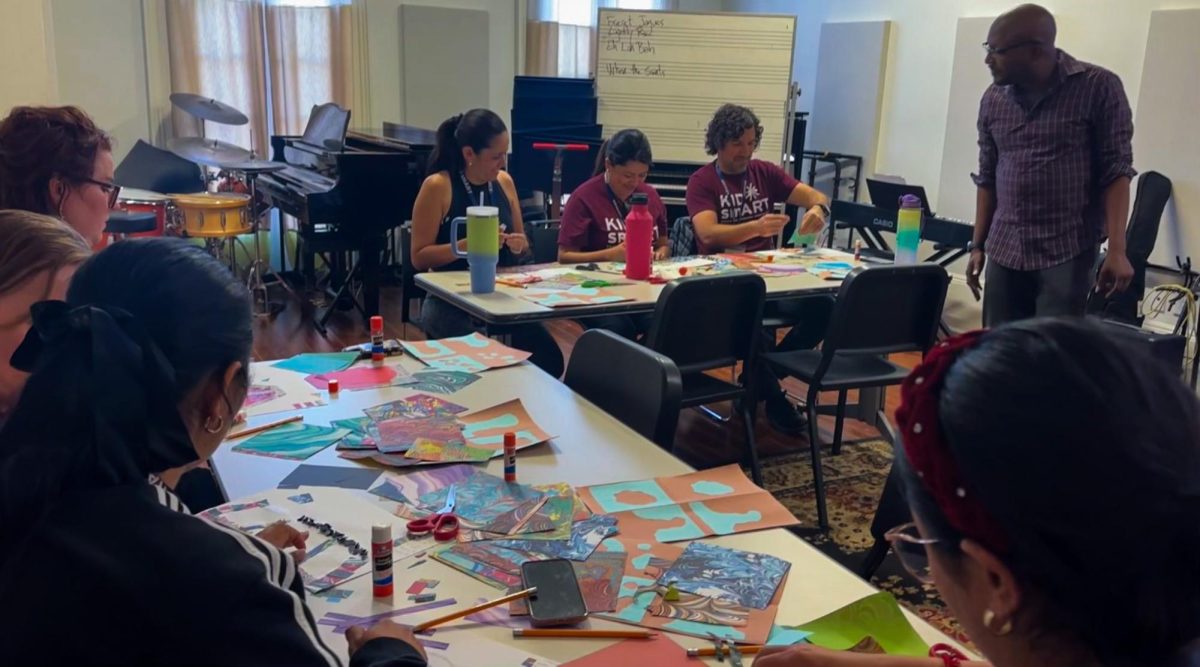For more than three decades, Loyola has been home to an institution that embodies the Jesuit ideals of charity, community empowerment, and engagement in a way that has profoundly affected the lives of the less fortunate.
Nestled in the Loyola College of Law stands the Gillis Long Poverty Law Center, a testament to our institution’s commitment to social justice and the alleviation of poverty. In 1985 the center was established with a noble mission: to provide legal representation to low-income individuals and vulnerable communities who would otherwise be left voiceless in the labyrinth of the legal system.
For those countless people facing daunting legal challenges without the means to secure adequate legal representation, the center has been a beacon of hope. The many students of Loyola’s law school who work at the center have helped bridge the gap between privilege and poverty, making justice accessible to all.
Teaching the law through our Jesuit ideals, Loyola has a long tradition of nurturing future generations of compassionate lawyers. The center allows Loyola’s law students an opportunity to gain practical skills through their service in social justice – doing legal research and practice while serving those in need. This service in turn fosters a sense of responsibility that students will carry with them into their professional legal careers, using their legal expertise for the betterment of their communities.
As marginalized communities in Louisiana continue to face injustices and the criminalization of poverty persists, the center plays a critical role in challenging the status quo. The Gillis Long Poverty Law Center stands as a fortress in our community against systemic inequalities, they stand as a defender of civil liberties, and a glimmer of hope for those who’ve too often been overlooked and forgotten.
And Loyola’s commitment to the success of the center’s mission over self-promotion and publicity is a testament to our university’s integrity and dedication to our Jesuit values. Many of our readers and most of our students don’t know about the important work that is done for our community at Loyola law because our university has prioritized the welfare of the less fortunate over their desire for recognition. All of this underscoring Loyola’s fidelity to making a genuine difference in this world.
The Gillis Long Poverty Law Center is a remarkable organization and our support is essential.
As a community we can support the work that is being done by:
- Sharing the stories and successes of the center on social media, in your classes, and within your social circles. The more people know about their work, the more support they can garner.
- Engage in advocacy efforts to address systemic issues contributing to poverty and inequality. Support policies that promote equal access to justice for all.
- Attend the center’s events, lectures, and workshops to stay informed about the challenges faced by marginalized communities. Knowledge is a powerful tool for change.
- And if you have legal expertise, consider volunteering your time and skills to provide legal assistance to those who need it most. Your expertise can be a lifeline for someone seeking justice.
By supporting the Gillis Long Poverty Law Center we uphold the most sacred Jesuit ideal of serving those who have less.
As members of this academic community, we have a responsibility to ensure that justice is not a privilege but a fundamental right accessible to all. Supporting this mission honors Loyola’s commitment to creating a more just and equitable society, leaving a lasting legacy of compassion and empathy for those in need.
“It is not possible to be in favor of justice for some people and not be in favor of justice for all people.” — Martin Luther King Jr.




